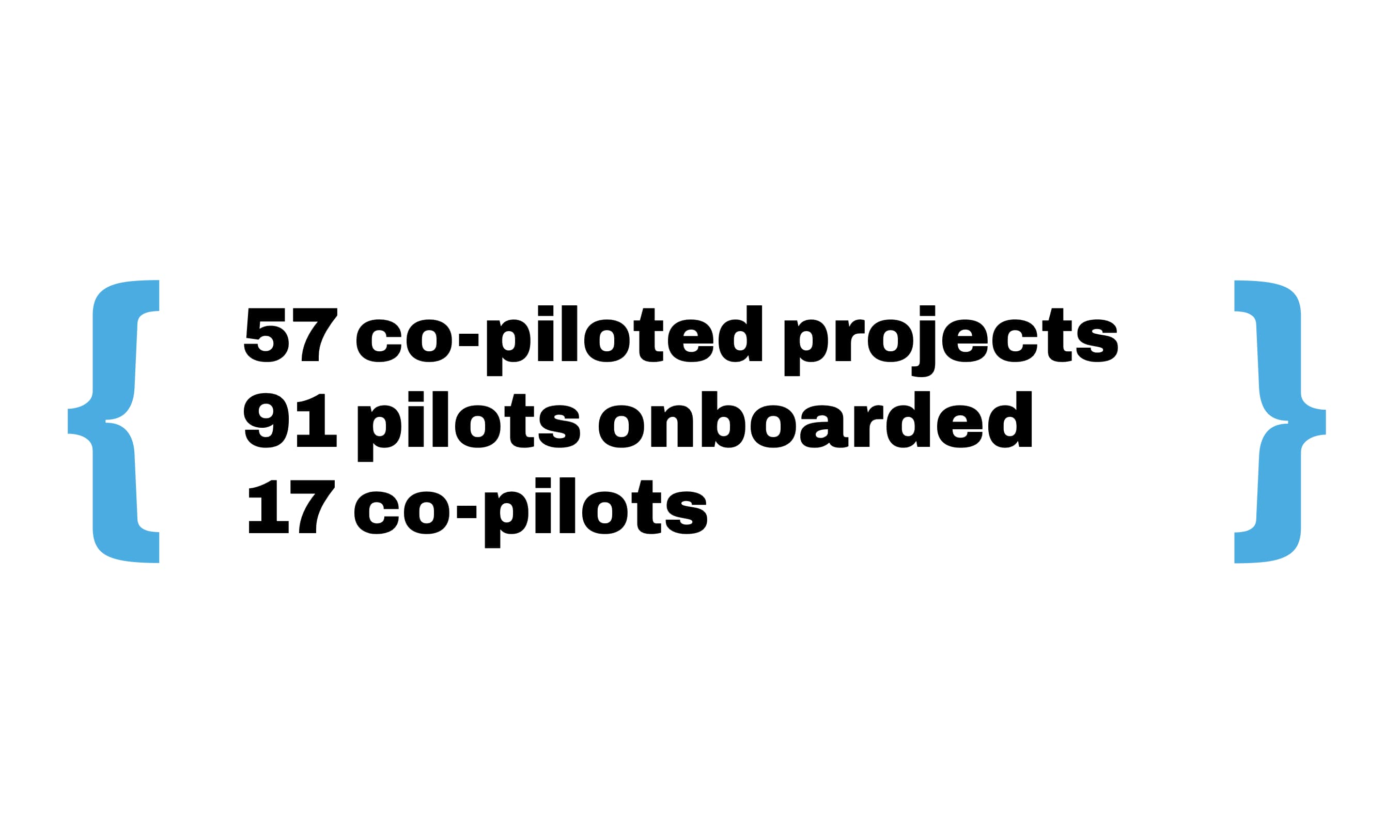This article is part of a series: The Past, Present and Future of OpenSAFELY
- The past, present and future of OpenSAFELY: Introduction
- How OpenSAFELY works
- Co-pilots give newcomers a helping hand
- Standard tools for data preparation, and federated analytics
- Output checking helps to keep private data safe
- The legal basis: ethics, controls and building trust
- Earning and maintaining trust: PPIE and more
- How OpenSAFELY began
- Consequences of COVID-19 and the role of vaccination
- “No other platform comes close”
- The 'unreal' speed of OpenSAFELY
- Using OpenSAFELY to fight antimicrobial resistance
- OpenSAFELY and antibiotics
- Using OpenSAFELY to carry out a randomised trial
- The OpenSAFELY Collaborative
- Some reflections about funding
- What's next for OpenSAFELY?
Regardless of the means of accessing electronic health records (EHR) data, working with it can be hard. While we designed OpenSAFELY to be as simple as possible, and while we want its users to work independently, we’re conscious that its novel and highly secure approach comes with a learning curve. So, in addition to the full set of detailed documentation, examples and walkthroughs to help new users get to grips with it, we have designed and developed an end-to-end onboarding and support service: the OpenSAFELY Co-Pilot Programme.
So far, it’s been very successful. The pilot phase consisted of 50 projects (60+ users), from across 22 academic and government organisations, enrolled between July 2021 and April 2023. Already, these projects have:
- made over 10,000 job requests (equating to over 50,000 jobs)
- had over 5,000 files released from the secure server
- produced a huge number of peer-reviewed publications, with more still in the pipeline
Once enrolled in the programme, external users (pilots) are strategically paired with an experienced in-house OpenSAFELY researcher (co-pilot), who helps them understand the OpenSAFELY philosophy, learn the various software tools, and work through each step required for a successful project.
Every new user is different. For example: some are more familiar with software tools like Git, and others have to learn how to use them from scratch. So the co-pilot’s role varies a lot. In addition to direct support via email and Slack, co-pilots organise regular calls where pilots and co-pilots set goals, discuss progress made and resolve any issues. Co-pilots also support pilots through sessions on specific topics, such as those on paired programming, implementing quality assurance steps and statistical disclosure control. But of all the support that co-pilots offer, one of the most important aspects is a calm, friendly face: moral support is as important as technical support.
“For me, the co-pilot programme was so important to the on-boarding process. My co-pilot was committed to me and was always on hand to help.”
— OpenSAFELY user Rachel Seeley, Head of Analytics at PrescQIPP
The support that pilots receive from co-pilots is initially very intensive, but fades over time as pilots start to gain experience, and make use of the available community resources (such as the OpenSAFELY discussion forum and the #opensafely-users Slack channel). But co-pilots don’t just disappear overnight. Additional support is offered where needed until project completion (and even beyond). This is largely in terms of continued output checking and manuscript review, but also through ad-hoc meetings which will be offered in order for co-pilots to check progress and to help with any issues that may still arise. Often, even after publishing a paper, a co-pilot and pilot will keep in touch to discuss new ideas and collaborations.
Co-piloting isn’t a one-way thing, either. The programme has enabled OpenSAFELY to learn from its users, use their feedback to drive and prioritise development, and thus increase the productivity of the platform.
As a result, OpenSAFELY has been able to build an analysis platform that works for more people, faster.



